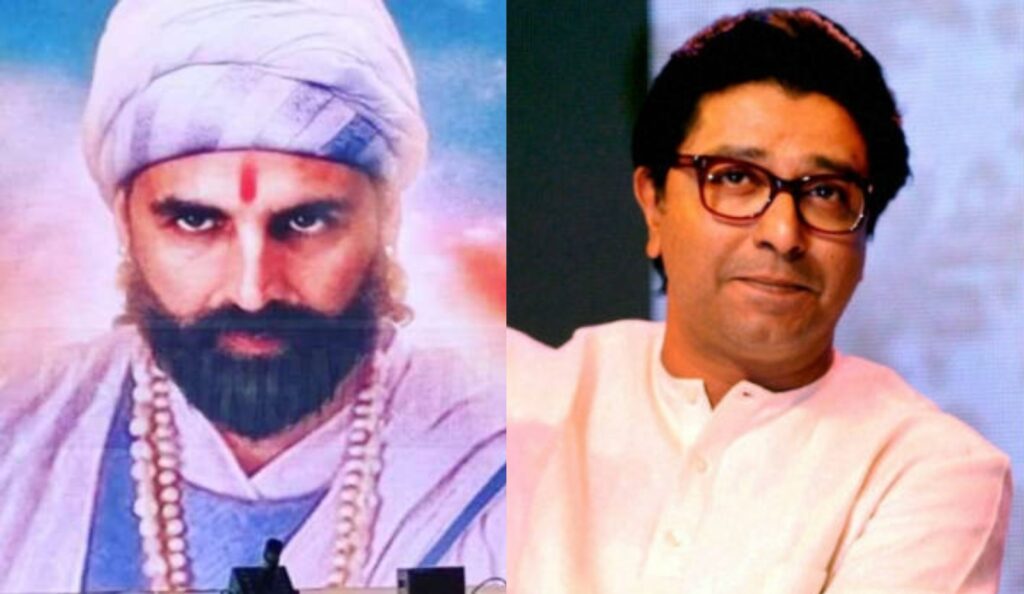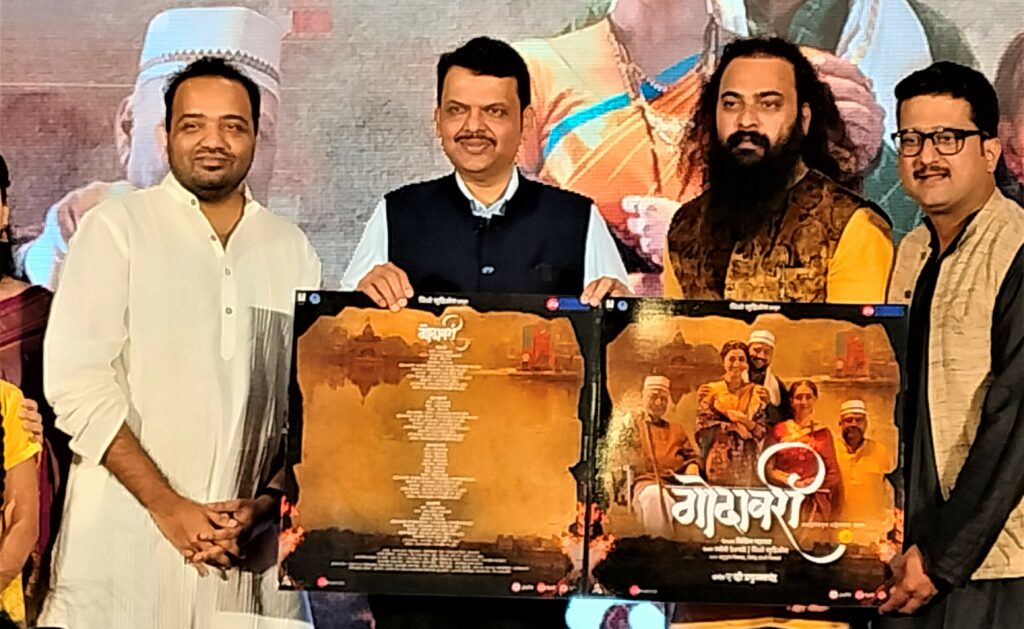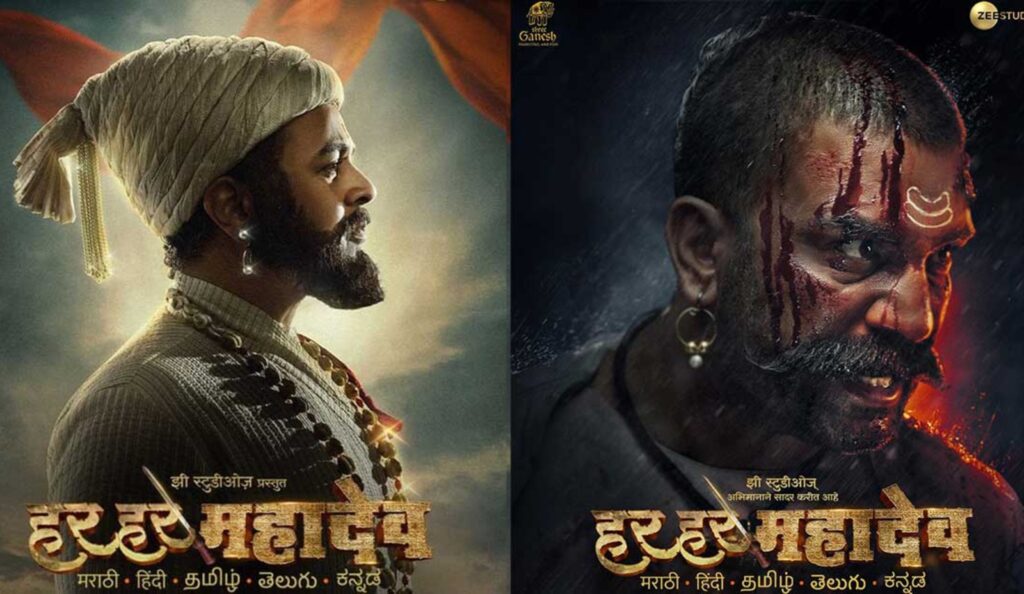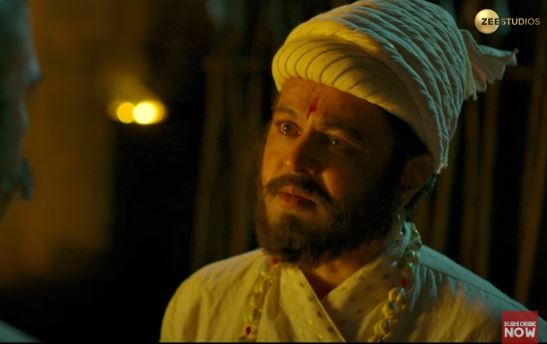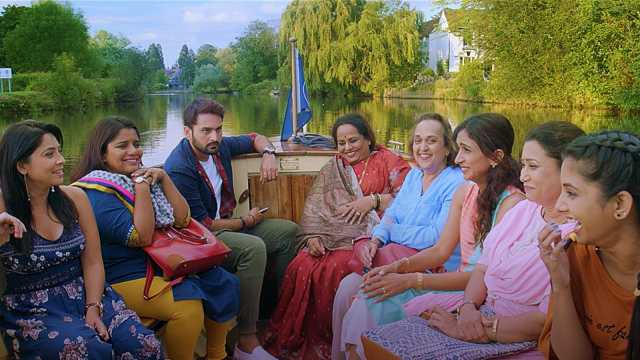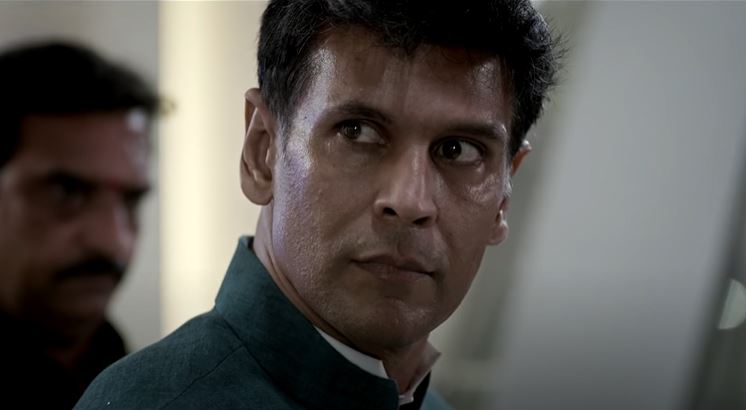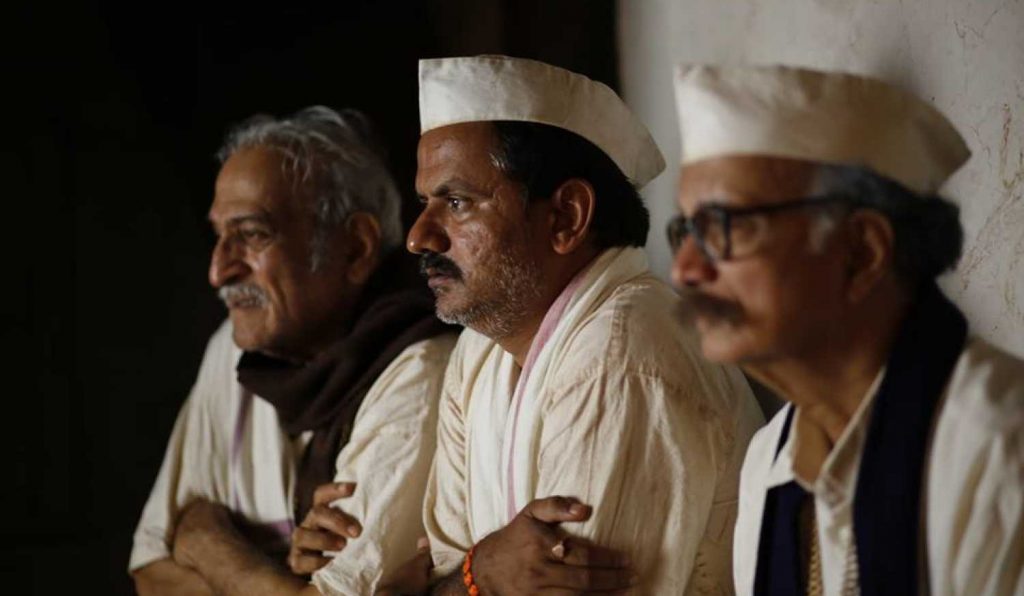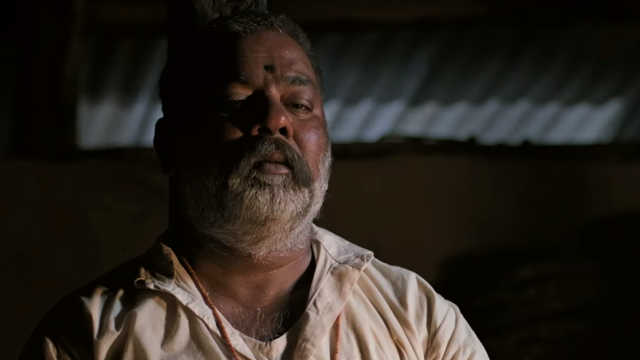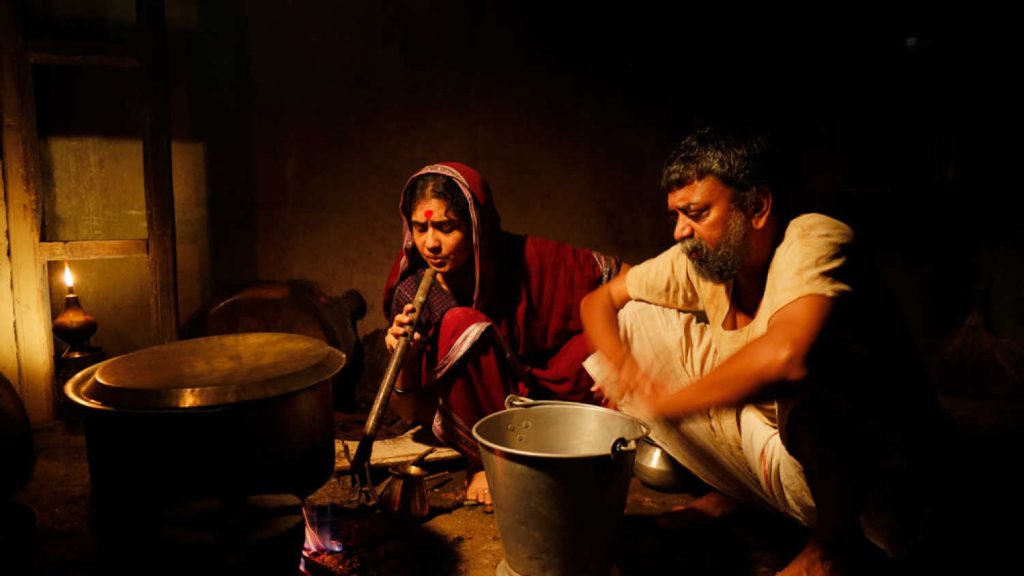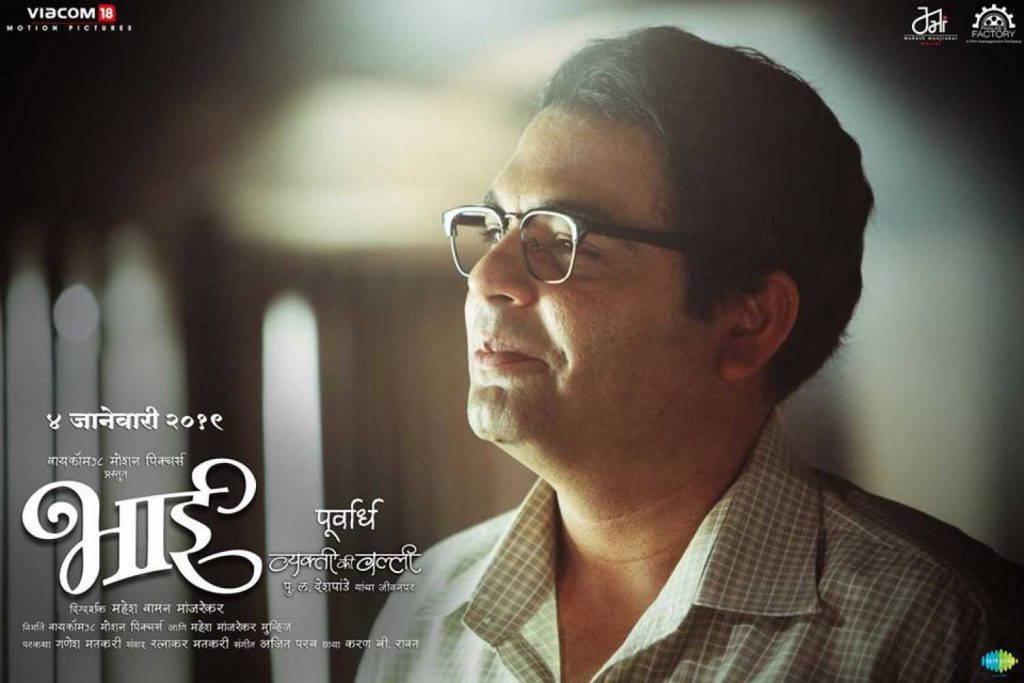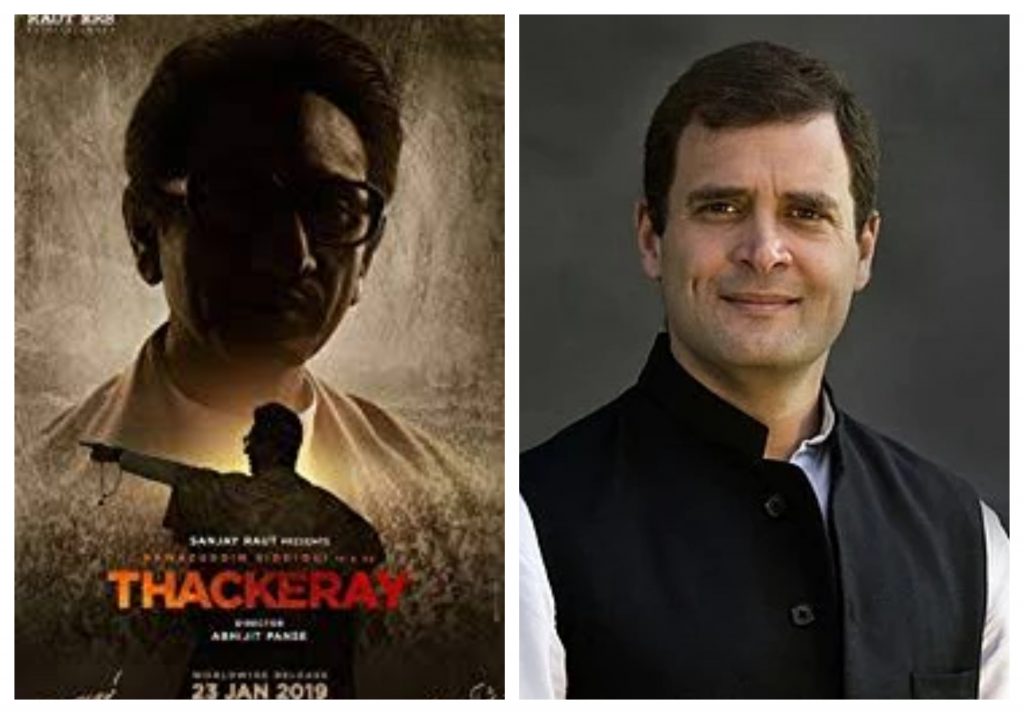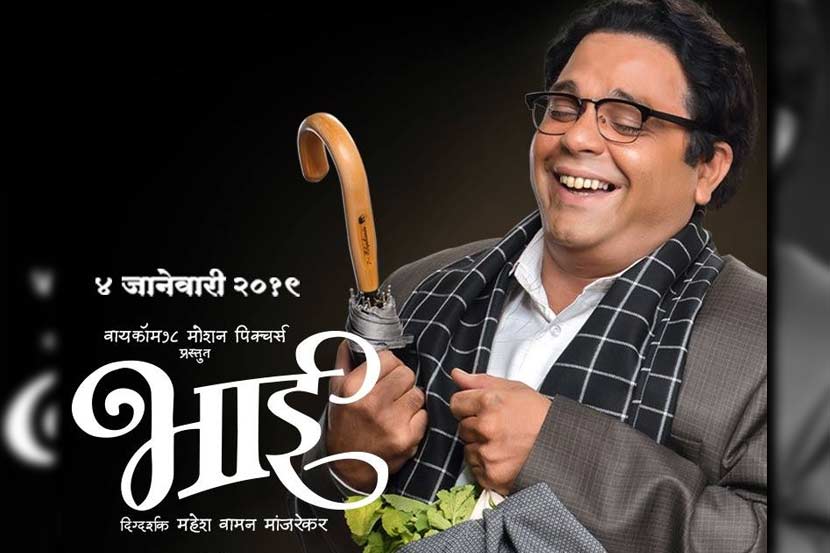During the announcement of his upcoming Marathi historical film Vedaat Maratha Veer Daudale Saat, filmmaker Mahesh Manjrekar revealed the actors who would be playing the emperor’s seven warriors in the film. These include Pravin Tarde, Hardik Joshi, Vishal Nikam, Virat Madke, Satya Manjrekar, Jay Dudhane and Dr Utkarsh Shinde.
But the people gathered at the event were in for a huge surprise when it was announced that Akshay Kumar will be playing the character of Chhatrapati Shivaji Maharaj in the movie. The actor also made a surprise appearance at the event out of nowhere.
He was introduced at the event as the actor who will be playing Chhatrapati by the chief of MNS (Maharashtra Navnirman Sena) Raj Thackeray, who was the special guest along with the Chief Minister of the state Eknath Shinde.
Akshay said that he got this role, “Because of Mr Raj Thackeray. He told me, ‘Akshay you should do this role’ and I was taken aback. To play Chhatrapati Shivaji Maharaj’s role is a big deal for me. It’s a huge task. I can assure you that I will put in all my efforts while playing this character.”
Interestingly, Thackeray is also known for criticizing Akshay on more than one occasion not-so-long-ago. He had taken a dig at the actor for being a ‘Canadian citizen’ and later also criticized him for asking questions related to mangoes while interviewing India’s Prime Minister Narendra Modi.
This is the first time that Akshay will be working with Manjrekar. “I was always very eager to work with Akshay,” said the filmmaker. “I had a lot of films in mind. But I couldn’t see any other actor playing this role. One needs to have a certain personality and look to play this character. Akshay’s image is also correct to play a Hindu raja who brought Hindavi swarajya. So I thought let other films be kept aside, we should do this one first.”
Produced by Wasim Qureshi, Vedaat Marathe Veer Daudale Saat will go on floors next month and will release during Diwali 2023.
Also read: Godavari movie will rekindle our relation with rivers, says Devendra Fadnavis
